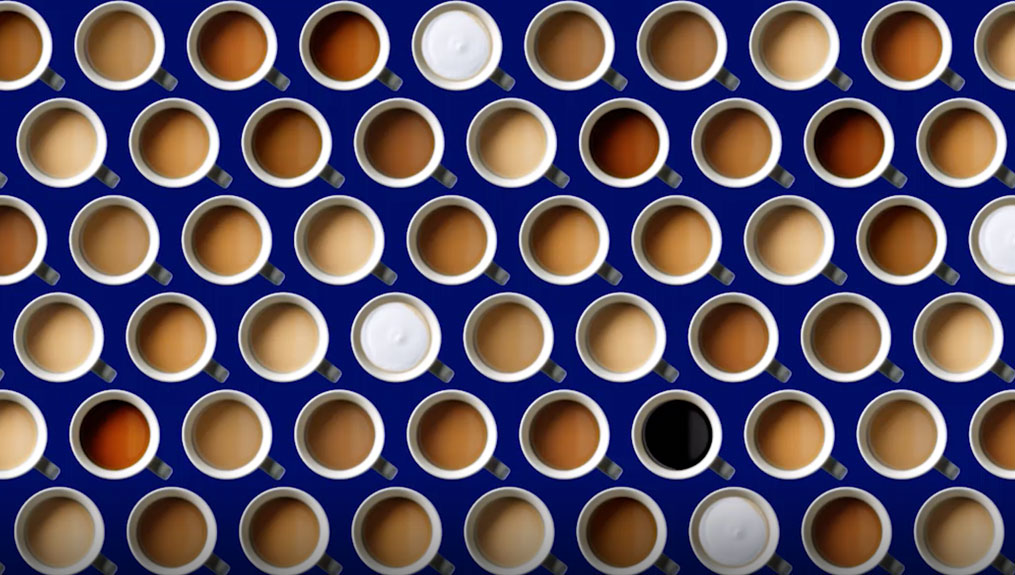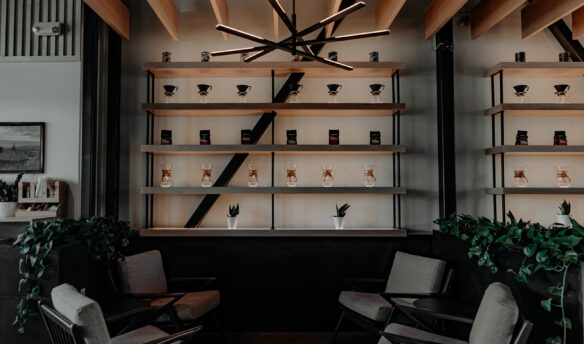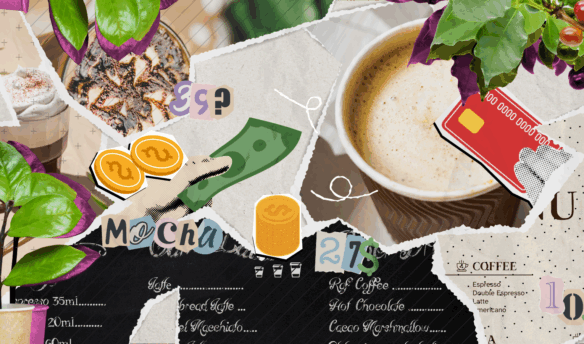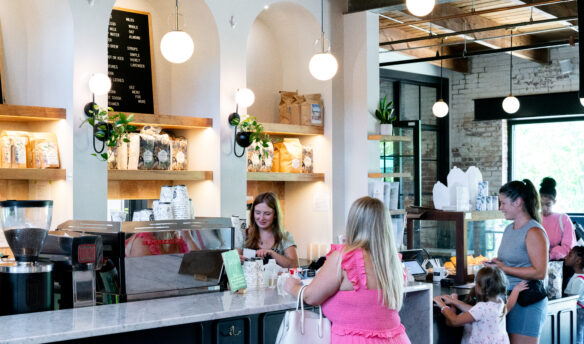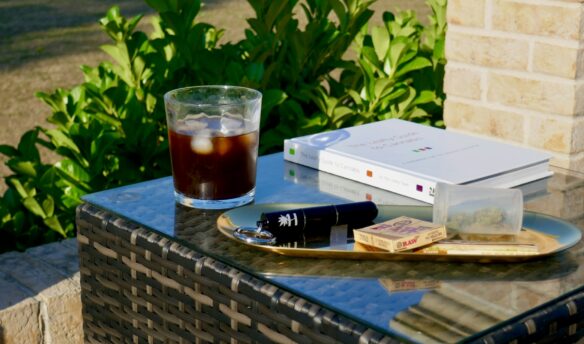[I]n late April, news broke that Chinese tech-meets-caffeine company Luckin Coffee had filed an IPO with the SEC to go public on the Nasdaq. Last week, a newly amended registration statement clarified just how much money the rapidly growing company is looking to procure that, in addition to new developments, could increase the company’s valuation by another billion dollars.
Luckin is seeking to raise $480 million USD by selling 30 million American Depositary Shares (ADS) at $16 each through its IPO. Each ADS share will be classified as a Class A share, representing one vote per share. Luckin will also issue Class B shares to senior management, which represent 10 shares each.
Luckin also announced a yet-to-be-finalized partnership with the Louis Dreyfus Company Asia Pte. The venture would have the Louis Dreyfus Company build a Chinese roasting facility for Luckin, while conducting a concurrent private placement (finance talk for selling shares of equity separate from the public stock exchange) worth $50 million, according to Bloomberg.
If everything goes according to plan, the company could be worth roughly $4 billion—but that’s a big if.
Bloomberg’s Tim Culpan found that Luckin spent nearly three times as much as it made last year, a majority of that money on aggressive marketing campaigns. The company’s cash flow in 2018 was negative $424 million.
While China does present a valuable region for growing coffee consumption, Luckin’s own registration statement says that in China, residents only drank 6.2 cups of coffee per capita in 2018. If that per capita consumption grew to a fraction of Germany’s 867 cups per year, Luckin would benefit immensely. But Luckin’s success thus far has been based on convenience and rapid growth across the country through kiosks serving what’s been described as “mediocre” coffee. Luckin’s future success on the assumption that China’s thirst for coffee will grow immensely, in what has traditionally been a tea-drinking country, and that none of its competitors (including the well-established Starbucks and 7-Eleven) can offer the same app-based pickup and delivery convenience.
Only time will tell if Luckin’s high-tech and high-debt approach to retail coffee will pay off, or if Starbucks’ tried and true global takeover will succeed yet again.



